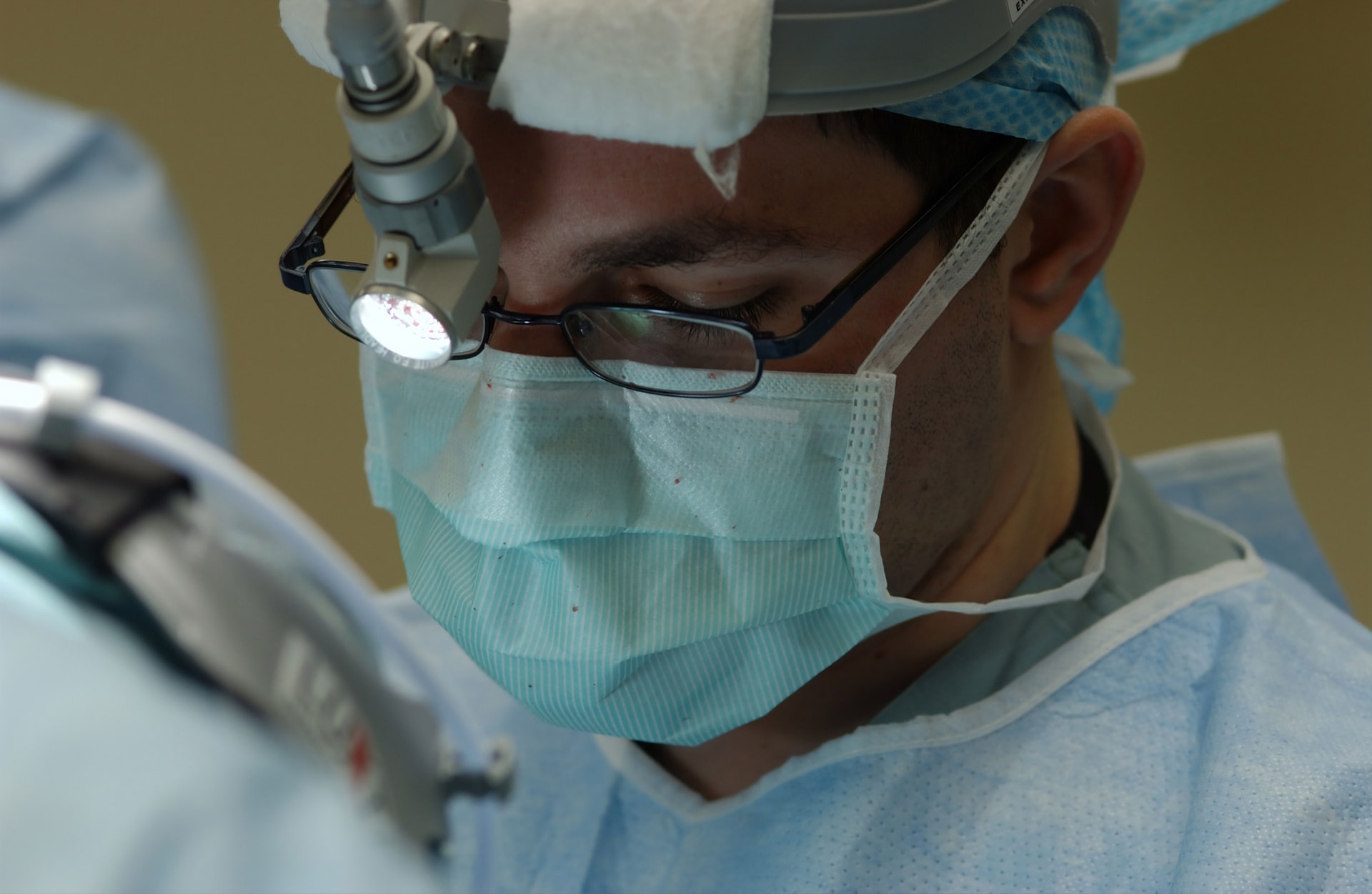
Abdominal surgery is a broad term for a variety of surgical procedures focusing on your abdominal cavity, its walls, as well as the organs located in your abdomen. They can include appendectomy, hernia surgery, and cholecystectomy, just to name a few.
While the cause and subject of your abdominal surgery can vary, preparing for surgery and recovery can look roughly the same no matter what type you have scheduled. In fact, many of these guidelines apply to multiple types of surgery!
Preparing for abdominal surgery will benefit your recovery as well as your overall health. Quitting smoking, keeping an eye on your blood sugar, and getting regular exercise can help you feel better in the short term as well as provide long-term benefits. When it comes to recovery, you’ll want to avoid anything that may hurt your progress while adding anything that aids in comfort.
Abdominal surgery is a physically demanding experience that requires a lot of rest to make a fast, full recovery. By knowing what to expect, you can plan ahead and get back to your old routine as quickly as possible!
Ways to Prepare for Abdominal Surgery
Many of the tips for abdominal surgery preparation apply to multiple types of surgeries. Prehabilitation for abdominal surgery can be just as important as recovery. In fact, taking the time to prepare for your surgery can actually help speed up your recovery time and allow you to experience less pain.
1. Stop Smoking
You already know that smoking is bad for your health, so it may come as no surprise that smoking can also have a negative impact on recovering from abdominal surgery. Multiple studies have shown that quitting smoking is one of the best ways to ensure that you have a speedy and complication-free recovery.
Smoking cessation decreases your risk of:
- Pulmonary complications
- Pneumonia
- Wound infections
It’s recommended that you quit smoking about six weeks before surgery to get the maximum effects of smoking cessation. However, you’ll get the best overall effects of smoking cessation if you quit now or never start to begin with!
2. Reduce Your Blood Sugar
This tip is ideal for those who struggle with diabetes. Your surgical wound can be a playground for bacteria and other tiny organisms, but they need sugar to really thrive there. High levels of sugar in your system helps to create the perfect environment for them, so it’s highly recommended that you take control of your blood sugar before you go into surgery.
Your surgeon may enlist the help of your primary care doctor to help you do this. Together, the three of you will work to get your A1C hemoglobin levels below seven before surgery. This will reduce your risk of infection in comparison to that of a non-diabetic.
3. Exercise
If you require abdominal hernia surgery or are experiencing abdominal wall issues, you may not be thrilled about the idea of exercise before your operation. This is completely understandable given the type of pain you experience.
With that said, getting regular exercise before abdominal surgery can help you get back on your feet faster with less dependency on others to get around. You’ll also experience better overall function post-abdominal surgery if you maintain an exercise regimen before surgery.
Like quitting smoking, doctors recommend starting an exercise routine six weeks before surgery. These exercises can be low-impact so you don’t agitate any abdominal pain you may already be experiencing. This can be accomplished by simply walking on a treadmill or using arm ergometers, which are like stationary bikes but for your arms.
Ways to Improve Abdominal Surgery Recovery
Now that you’ve aced your abdominal surgery, it’s time to focus on recovery. This period may be more difficult, since you may be itching to get back to your old routine. Keep in mind that how you handle abdominal surgery recovery affects your recovery time. Overexerting yourself or ignoring your doctors’ advice can put you back at square one and only prolong the process.
4. Move Around
Movement is just as important for recovering from abdominal surgery as it is to prepare for it. Like prehabilitation, it may be a bit more uncomfortable than you would prefer. While that’s completely understandable, getting some movement in has been shown to aid in the recovery process and even speed it up. This also means that you’ll get out of the hospital faster!
It won’t take much to get you to this point. All it takes is following the nurse’s orders and walking up and down the hall. Overexertion can do more harm than good so don’t overdo it. Not only will this help you get out of the hospital quicker, but it will help get your bowels moving again, too. This means you may be able to advance from liquids to food more quickly, as well.
5. Have Plenty of Pillows
Pillows will be your new best friend during recovery, and you can never have too many friends. You’ll use your extra pillows to stay comfortable while sleeping. Keep at least an extra two regular-sized pillows handy—one for between your knees and the other to place under your stomach. These will help you sleep more comfortably after surgery.
Pillows are also useful to stay comfortable when you’re awake. Invest in a body pillow to rest on while laying in bed during the day. You can also use your spare regular-sized pillows to place in a chair if you’re sitting, or buy a couple of extras to keep in your chair so you don’t have to move anything around.
6. Avoid Overly Strenuous Activity
It may go without saying, but you need to avoid any strenuous activity while recovering from abdominal surgery. Your body will need time to heal, and physical activity can slow healing down or possibly even reverse it. Your doctor will tell you how much weight to avoid lifting with the average weight being anything more than 5 lbs.
This includes:
- Groceries
- Laundy
- Children
- Pets
You’ll also want to avoid any activities that put stress on your abdominal muscles. This can include activities you may have never considered before, such as vacuuming. Be sure to talk to your doctor about what activities to avoid so that you’re able to recover as quickly as possible!
7. Engage in Some Light Exercise
Surgical recovery happens in phases, so no one is expecting you to immediately hop out of bed and start doing burpees. Instead, you’ll add to your physical movement as you progress through the recovery process. This starts with walking the halls with your nurse. It will eventually progress to where you’re carefully easing back into your exercise program.
Follow your doctor’s instructions carefully when it comes to reintroducing exercise into your routine. You won’t be able to completely return to your routine for a few months. Take it slow to ensure that you’re able to recover as quickly as possible without having to prolong the process.
There are many ways to improve your preparation and recovery for abdominal surgery. We only touched on a few here, so make sure to talk to your medical care team about other ways to improve. Make sure you follow your doctor’s instructions closely. They will be the best judge of what you need and how you’re progressing. Your doctor will also be able to tell if you’re doing too much or not enough, as well as how to fix it.
Evansville Surgical Associates has been providing comprehensive and compassionate surgical care for over 50 years. Call us at (812) 424-8231 or (800) 264-8231, or email us with any general questions or comments you may have. We are available from 8:00 am to 4:30 pm if you would like to schedule an appointment.



